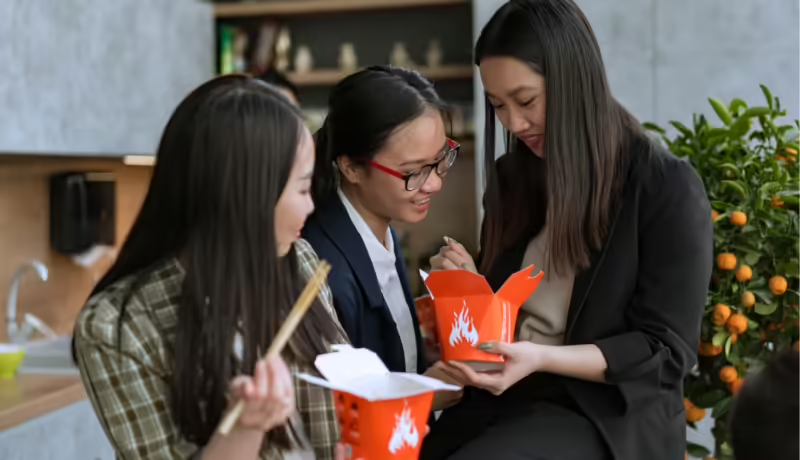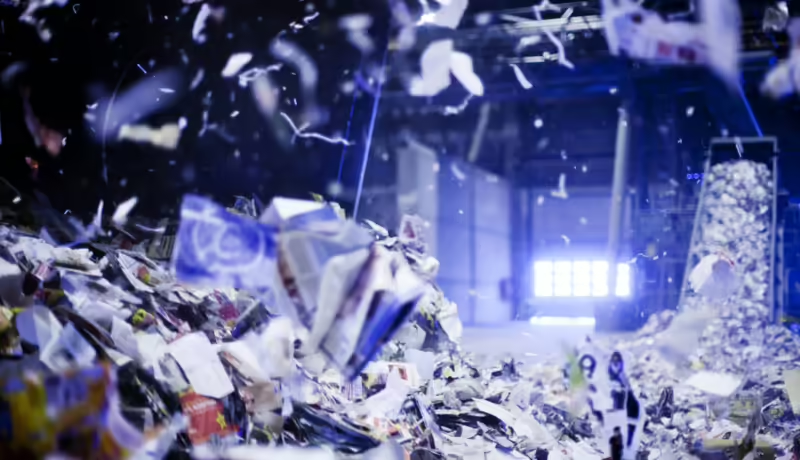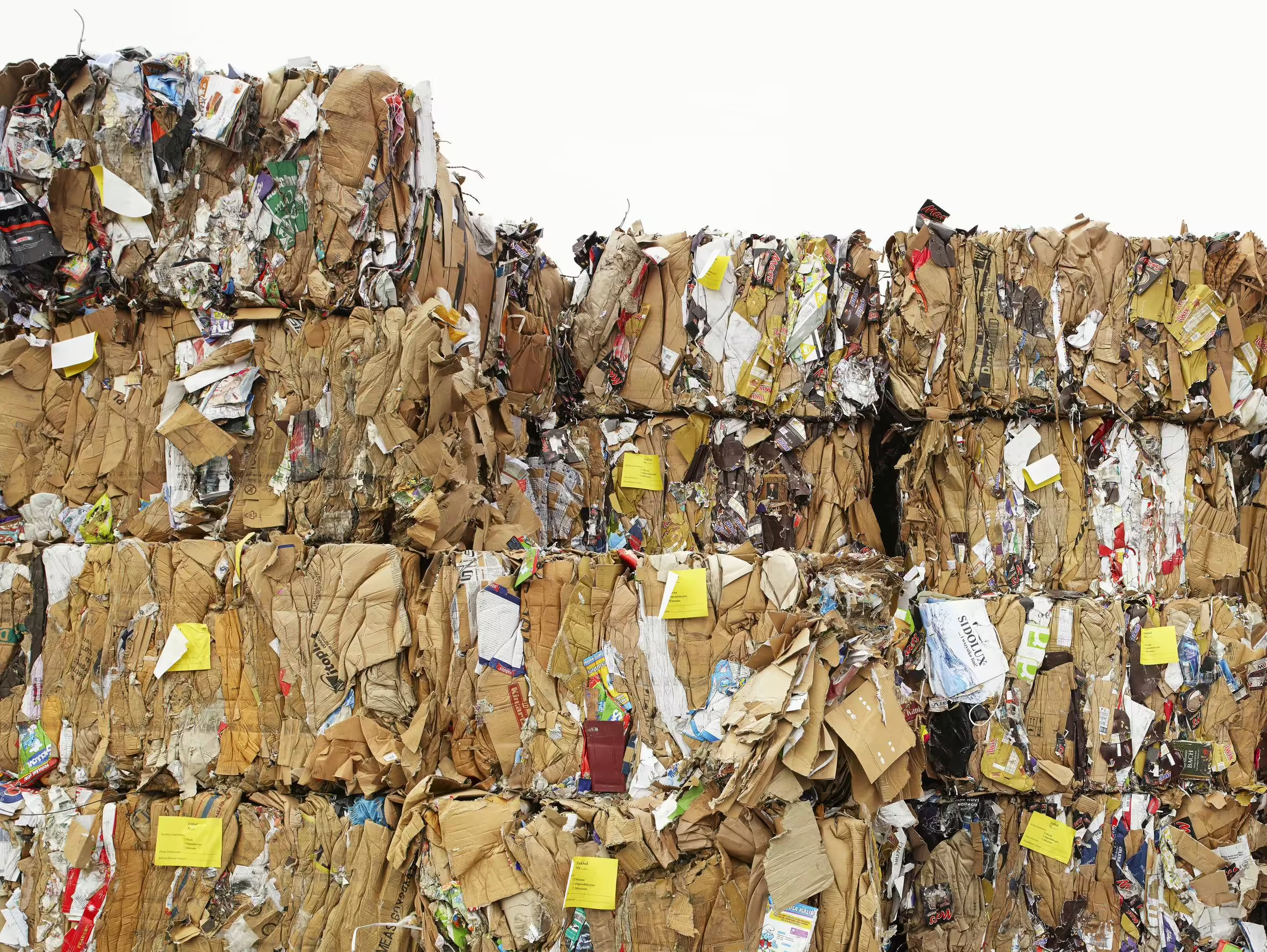Stora Enso, a global leader in renewable materials, aims to increase the value of recycled materials in its value chains by increasing the purity of recycled material streams, including post-consumer fibre-based packaging, cardboard, wood and paper. Can you help us to create solutions to enhance the purity of recycled materials?
Theme description
With rising consumption and global warming, it is increasingly clear that an economy based on fossil-based fuels and other non-renewable materials is not viable. Stora Enso is contributing to the transition to a circular bioeconomy by providing bio-based solutions that are renewable, recyclable and low-carbon.
Stora Enso works proactively to support the transition towards a global circular bioeconomy. We minimise waste and resource use and aim to maintain the value of products and materials for as long as possible through product design, innovation and recycling. When a material or product has reached its end-of-life, we promote recycling and energy recovery to create further value.
Our aim is to further promote and increase the collection and recycling of fibre based materials from various sources. Used and collected fibre-based materials, for example packages and paper can be recycled into paper, liner for corrugated boxes or other types of end uses, all of which have a varying level of required raw material purity. We are looking to enhance the purity of post-consumer collected fibre based material streams to make the most of recycled materials and to improve resource efficiency. Increasing purity can be done in different ways, for example by elimination of microbiological or chemical substances and removal of materials not belonging to a specific recycled material stream, e.g. metals and textiles.
Opportunity overview
Used and collected fibre-based materials, for example packages and paper can be recycled into paper, liner for corrugated boxes or other types of end uses, all of which have a varying level of required raw material purity.
In order to reach our ambitions in recycling fibre based materials sustainably, we need to consider purity of materials and removal of for example microbiological or chemical substances, and non-intended materials such as metals and textiles. For the purpose of removing these substances from the material flow, we have implemented different solutions such as recycled raw materials classification, heat treatment, biocides, metal detectors and state-of-the-art pulping processes. Our aim is to find new innovations to detect and remove the non-intended substances in the process of recycling where it is economically and technically viable. Possible new solutions could include, but are not limited to machine vision, image recognition, robotic processes, or new approaches to mechanical and chemical processing. Ideal solutions could be tested for a proof of concept and hold potential for production-scale feasibility. Below we have listed some example use cases that we are looking for, but we are open to hear about other suggestions as well.
Examples we're looking for
Detecting unwanted materials in material flow
Recycled fibre based material flows may include organic substances, chemicals, and unwanted materials. Possible new solutions to identify them could include machine vision, image or spectral recognition, or sensing technologies based on ultra-sound, laser or x-ray. Do you have a solution in this space?
Removing unwanted substances from material flow
In order to fully utilize recycled materials, it is needed to remove the unwanted substances from material flow. This could mean robotics, mechanical processing or chemical processing. What is your solution to remove microbiological, chemical or physical substances from materials?
Diagnosing right treatment for unwanted materials
In addition to detecting and removing different unwanted materials from material flow, we are looking at innovative ways to intelligently classify unwanted substances and assign the right processing for them. This could mean solutions in machine learning or AI. What do you have to offer?

Making Food Safe and Available with Traceability of Food Packaging by Tetra Pak®
Tetra Pak, the world leader in food processing and packaging solutions, wants to increase transparency and improve quality assurance in the food supply chain by leveraging traceability data of food packages. Can…
Learn more
Replacing Single Use Plastic in On-Demand Food Delivery by Stora Enso
Stora Enso, a leader in renewable packaging, wants to replace packages made of plastic in the Chinese on-demand food delivery industry. Can you help us to make Stora Enso’s renewable packaging offering…
Learn more
Production Waste Measurement by Stora Enso
Stora Enso, a leader in renewable packaging, is looking to measure production waste at the Lahti plant, the largest site for corrugated board packaging production. Our aim is to find a solution…
Learn more

